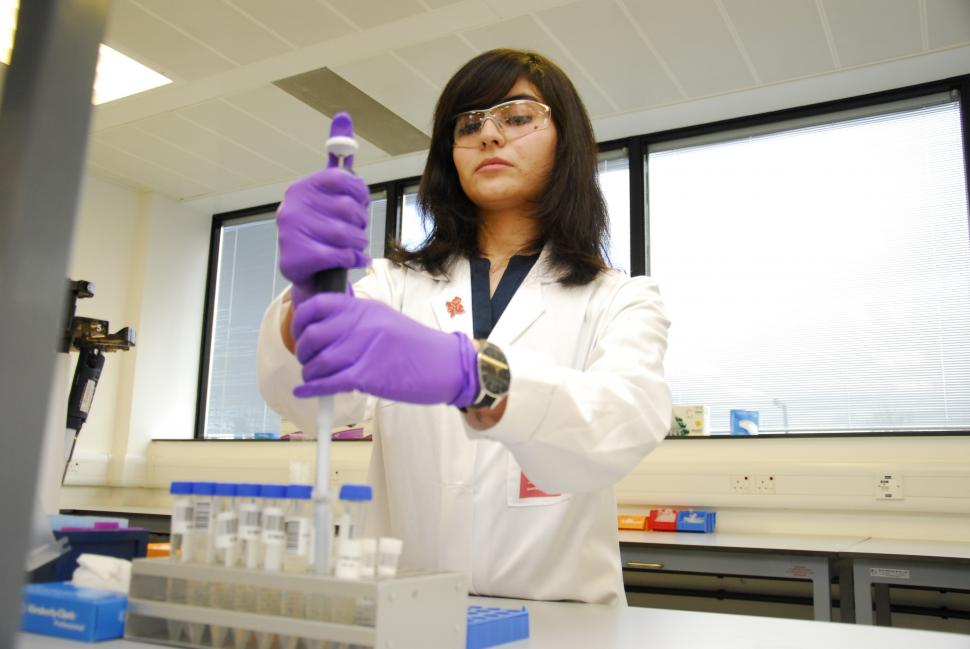- News
- Reviews
- Bikes
- Components
- Bar tape & grips
- Bottom brackets
- Brake & gear cables
- Brake & STI levers
- Brake pads & spares
- Brakes
- Cassettes & freewheels
- Chains
- Chainsets & chainrings
- Derailleurs - front
- Derailleurs - rear
- Forks
- Gear levers & shifters
- Groupsets
- Handlebars & extensions
- Headsets
- Hubs
- Inner tubes
- Pedals
- Quick releases & skewers
- Saddles
- Seatposts
- Stems
- Wheels
- Tyres
- Tubeless valves
- Accessories
- Accessories - misc
- Computer mounts
- Bags
- Bar ends
- Bike bags & cases
- Bottle cages
- Bottles
- Cameras
- Car racks
- Child seats
- Computers
- Glasses
- GPS units
- Helmets
- Lights - front
- Lights - rear
- Lights - sets
- Locks
- Mirrors
- Mudguards
- Racks
- Pumps & CO2 inflators
- Puncture kits
- Reflectives
- Smart watches
- Stands and racks
- Trailers
- Clothing
- Health, fitness and nutrition
- Tools and workshop
- Miscellaneous
- Buyers Guides
- Features
- Forum
- Recommends
- Podcast
news
 London 2012 Anti-Doping Laboratory (picture credit LOCOG)
London 2012 Anti-Doping Laboratory (picture credit LOCOG)UCI and AFLD to co-operate in anti-doping testing at Tour de France
The UCI and France’s national anti-doping agency, l’Agence Francaise de Lutte contre le Dopage (AFLD), have at least temporarily set aside their differences with the announcement today that they will co-operate to conduct anti-doping testing at major races including the Critérium du Dauphiné and Tour de France. The country's sports minister has described the news as reflecting progress in the battle against doping.
The two organisations have had their differences in the past, most recently earlier this season year when the AFLD declined to participate in anti-doping testing at Paris-Nice.
The agency cited “serious errors” in the past on the UCI’s part and claiming that the governing body did not provide sufficient guarantees to ensure credible testing, although discussions with the UCI were reopened a fortnight later, reports L’Equipe, after the governing body provided greater transparency.
The sports daily, owned like the Tour de France and Critérium du Dauphiné by ASO, says France’s sports minister, Valérie Fourneyron, was a prime mover behind the accord being reached.
It also quoted her as saying that the agreement “marks the first tangible progress in the fight against doping in cycling since the Armstrong affair broke.”
The UCI’s involvement will be via the Cycling Anti-Doping Foundation (CADF) that it set up in 2008 at the same time as establishing the biological passport programme.
CADF director Francesca Rossi commented: “We are delighted to continue our successful partnership with the AFLD.
“The CADF's and the AFLD’s anti-doping procedures are among the most innovative and stringent in sport.
“It was cycling, for example, that was the first sport to introduce the urinary EPO test, the homologous blood transfusion test and the biological passport.”
UCI President Pat McQuaid added: “The UCI is determined to ensure that cycling is a clean sport. As such, we are extremely happy to be partnering with the AFLD.
“Together, we will ensure that today’s young riders in the peloton are not tarnished by issues that took place years in the past.
“Cycling has a bright future and those who will define that future can be found among the current generation of riders who have chosen to prove that you can compete and win clean.”
- looks like someone has fallen for the steel is real markerting BS. I only care how a bike rides, not what it is made of. I had a lovely steel...
That argument is ignorance of the widespread height and width restrictions to be found on the many minor roads that were originally created for...
cyclists should be made to have number plates - Interesting police video here of the range of illegal number plates - we'd got, as the caption says...
Some kind of lens cleaner apparently
The trailer seems to connect to both ends of the rear axle. Can it do tight corners without dragging the tyre sideways?
Motorists have always been unkind to cyclists, but distracted driving is adding to the problem....
Have you owned Bont shoes? In my experience even the widest Lake shoes have had a bizarre form of narrowing way too much in the toe area. But the...
Not sure if this is possible, but this news letter goes out all over the world, and some places like Decathlon does not send stuff to America, in...
I'm confused as to why you'd need bib shorts indoors.
I'm sure you were being sarcastic... however ... Lewis Hamilton lives in Monaco. Yet another car driver that doesn't pay any tax